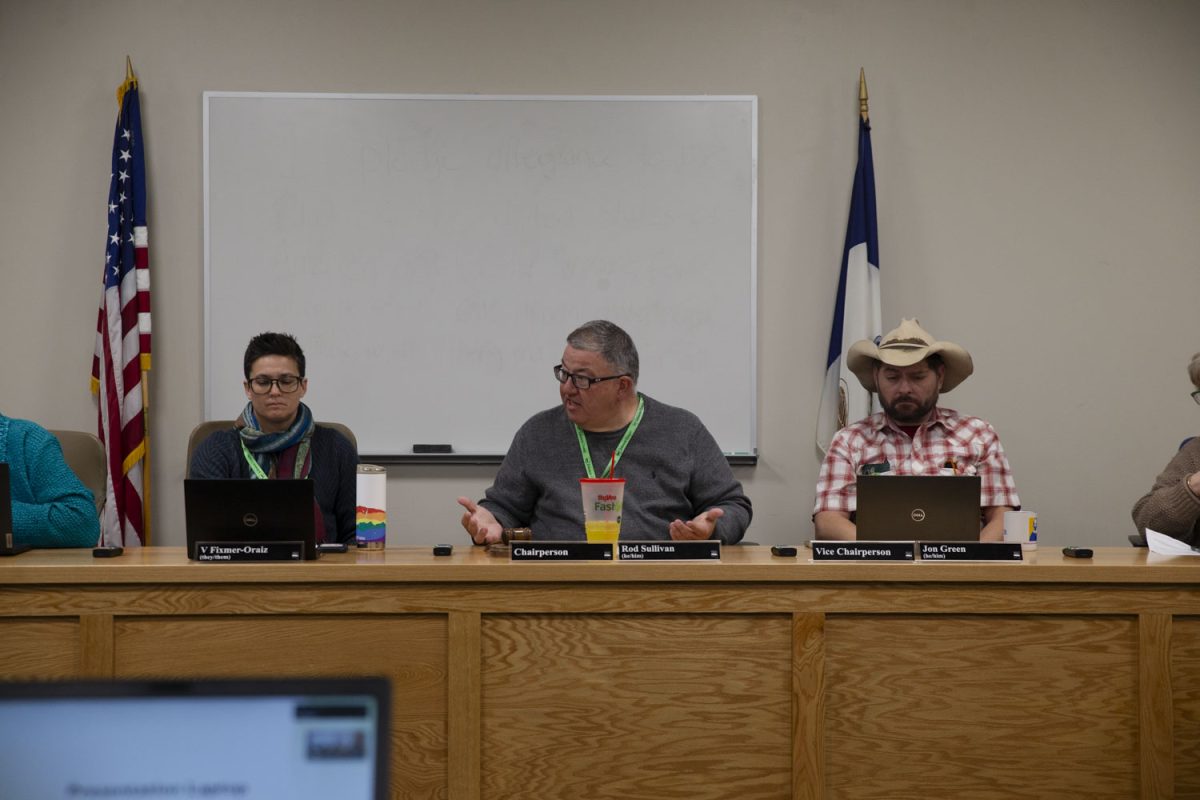Scientists at the UI say kids may need two doses of H1N1 vaccine to stay healthy.
With the start of clinical trials in children on Monday, they began to study whether this is true.
The UI Hospitals and Clinics, which has already tested the vaccine on adult patients, enrolled 100 children ranging in age from 6 months to 17 years old for the newest trial, officials said.
Many parents have called the UI Children’s Hospital to volunteer their children since July, said Patricia Winokur, an associate dean in the UI Carver College of Medicine and principal investigator for the trial.
The hospital put up fliers, but news of the trial spread mostly by word of mouth, she said. The children and parents involved were interested in any sort of H1N1 prevention, she said.
“Young kids need different doses,” she said. “We needed to test a variety of age groups.”
The kids were required to be in good health, but more specifically, they could not have the H1N1 influenza, Winokur said.
The young volunteers were assigned to one of four trial groups that tested different combinations of seasonal and H1N1 influenza vaccines.
“We hope to understand the safety of giving the vaccines together,” Winokur said. “We want to make sure that the vaccines do not disrupt each other.”
The patients’ parents were warned of risks, which include a sore arm from the injection, flu-like illness and another potential side effect known as Guillain-Barre Syndrome. This neurological disease was seen with the 1976 swine-flu vaccine affects the patient’s immune system.
The study aims to find the best number of doses — one or two — to provide patients. Winokur suspects children will need two doses to stay healthy.
“It will be difficult,” Winokur said. “Some of the vaccine will be available in October, but it will likely be months before a vaccine can be produced for widespread use.”
Participants received $370 in compensation for their involvement, but some said they enrolled for the greater good, the Cedar Rapids Gazette reported.
“I do see it as trying to help other people figure out a vaccine,” Will Ross, 16, of Iowa City, told the Gazette’s pool reporter. Ross and mother Jill Ross both suffered through the seasonal flu last winter.
Sara Gordon, the mother of Greta Gordon, a 3-year-old trial participant, told the Gazette her daughter is “one of the higher risk populations, so if swine flu becomes what it’s predicted to be, we can protect her this winter.”
UI Children’s Hospital’s trial is part of a larger study funded by the National Institutes of Health.
The UIHC is one of eight hospitals nationwide to participate in the vaccine trials for H1N1.
The UIHC was chosen because of past success in recruiting and retaining volunteers, Winokur said.






